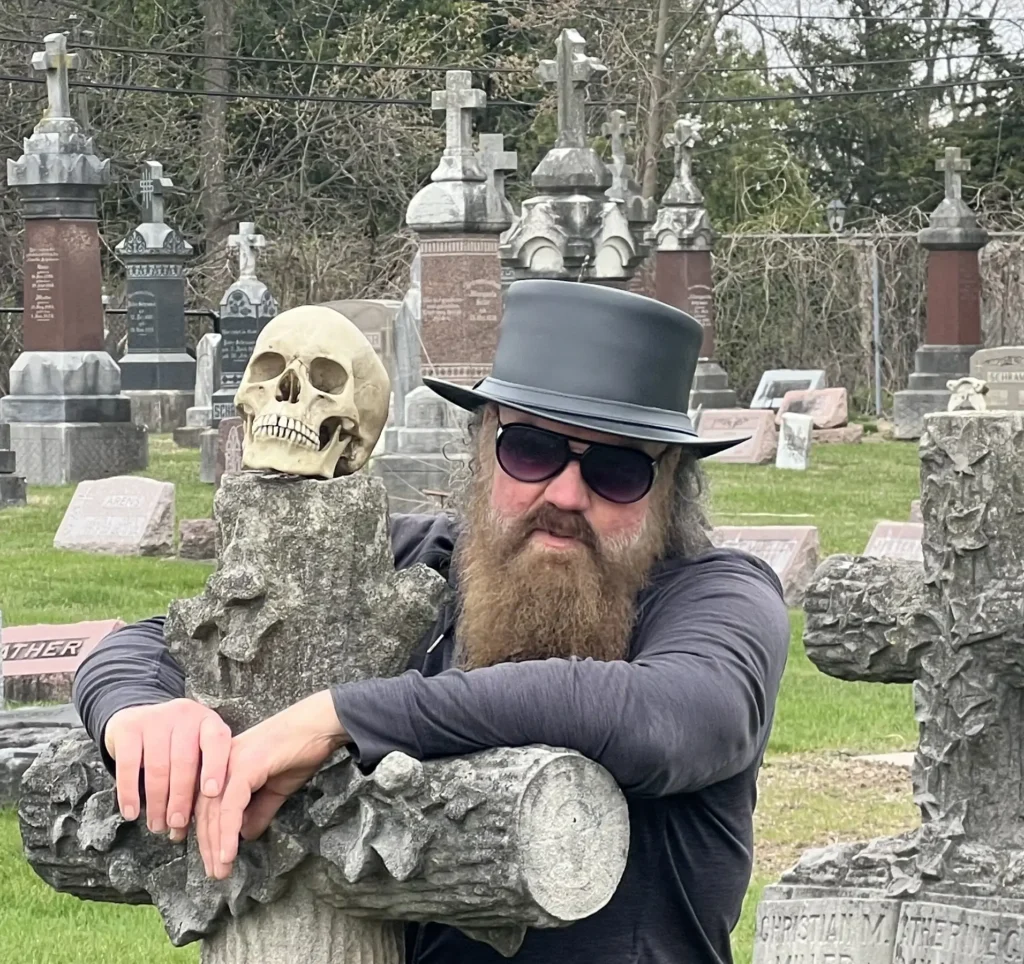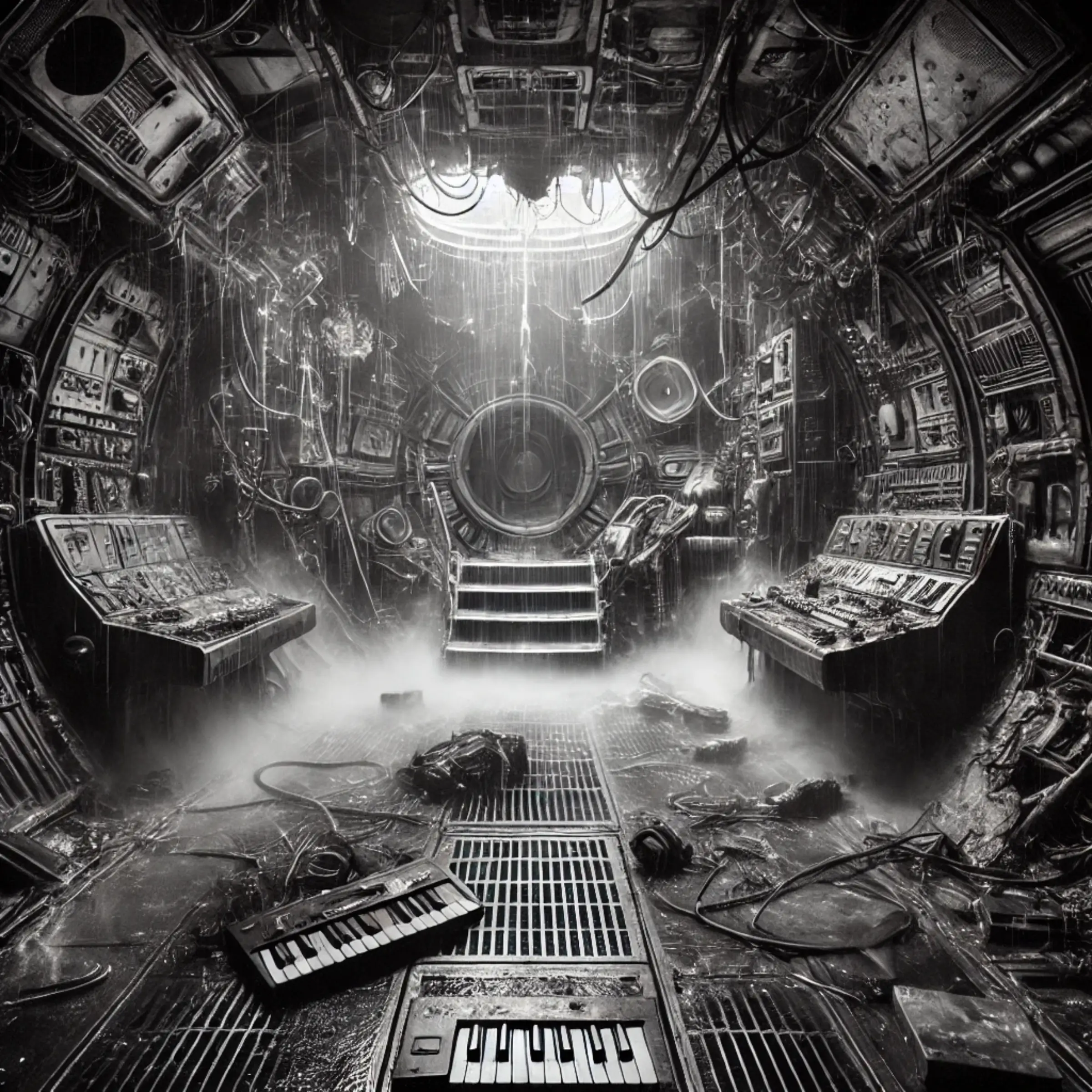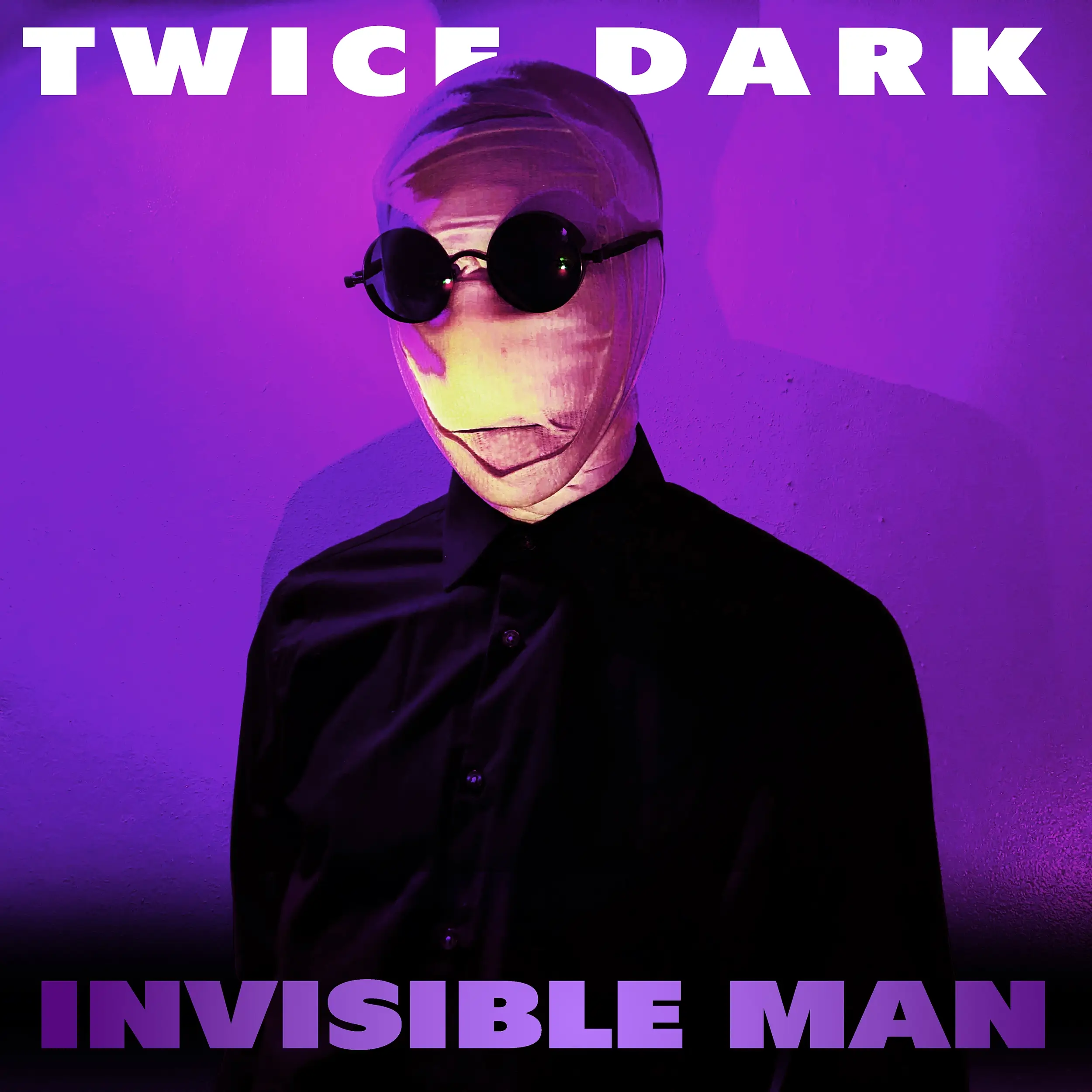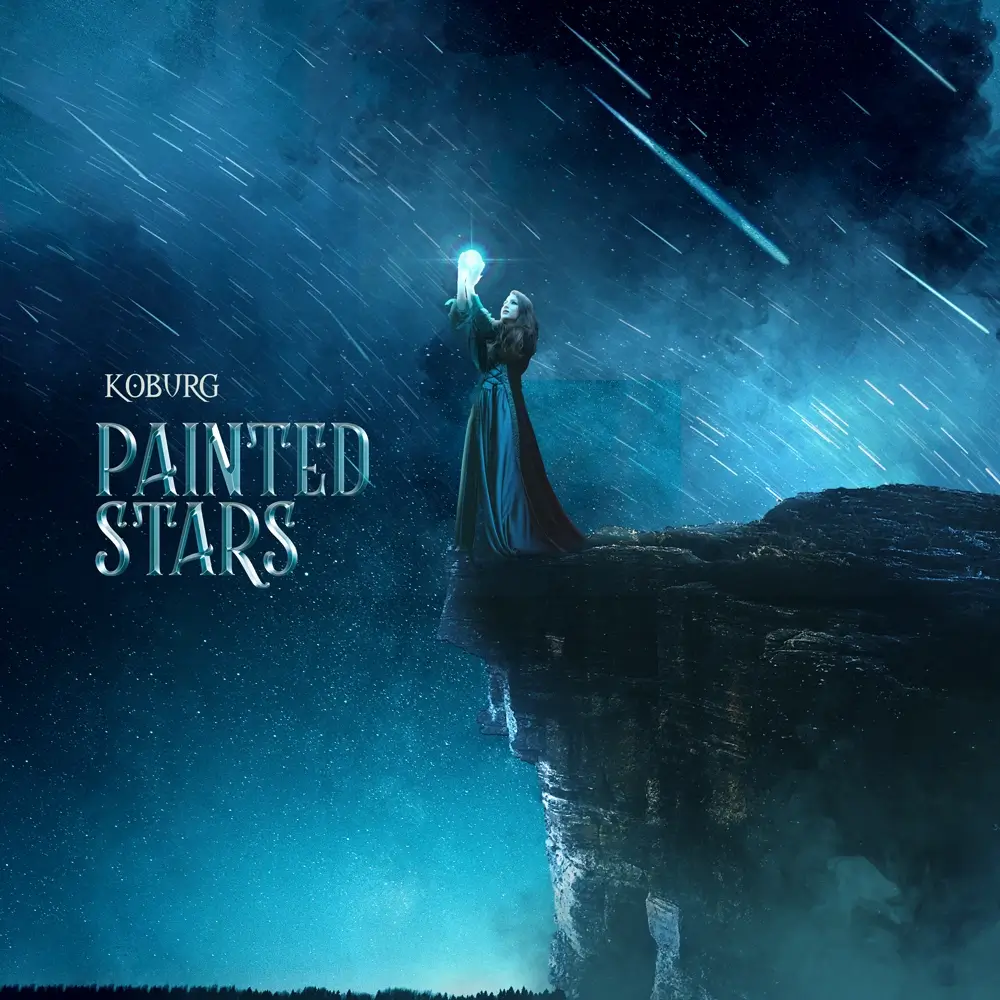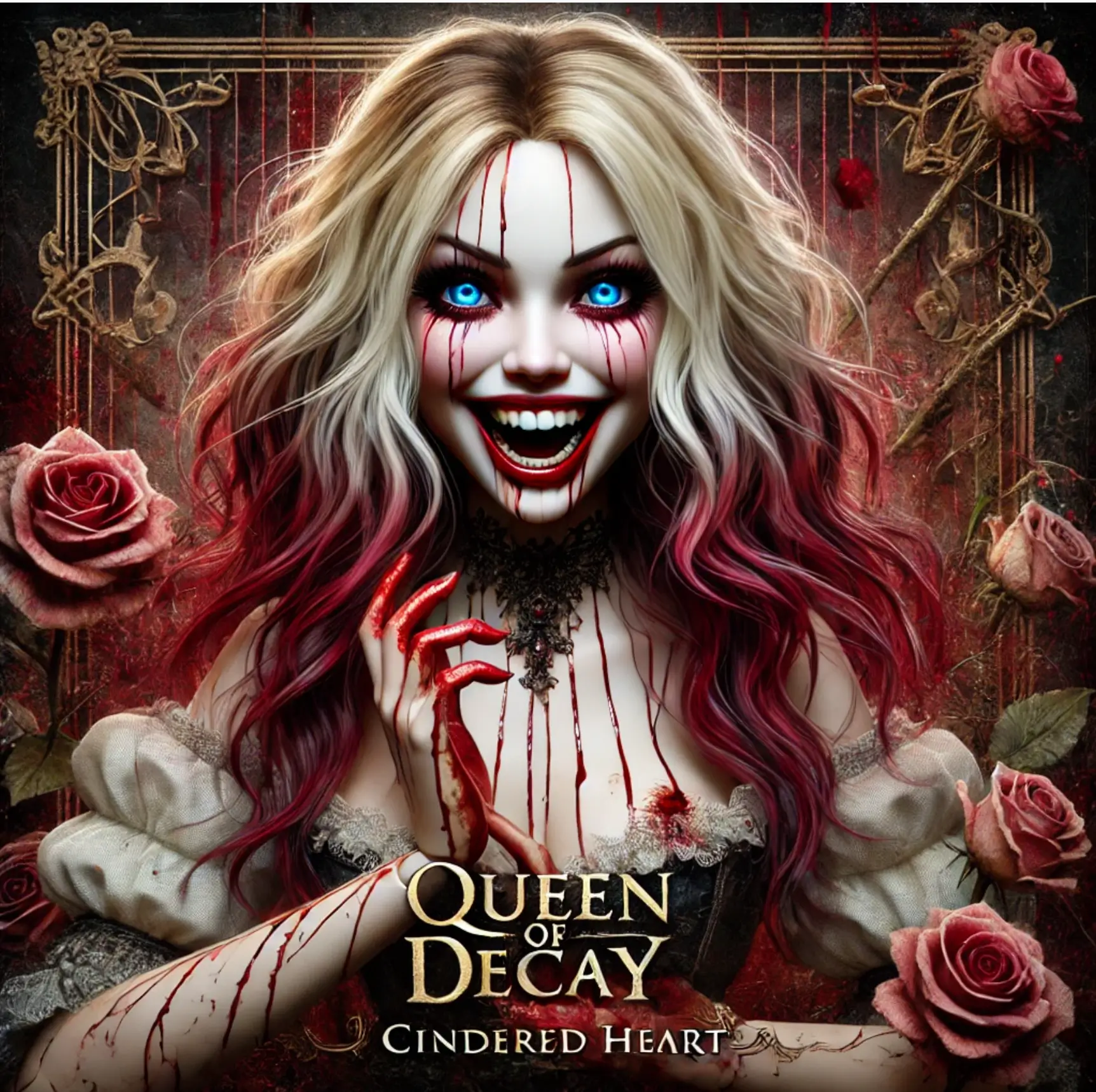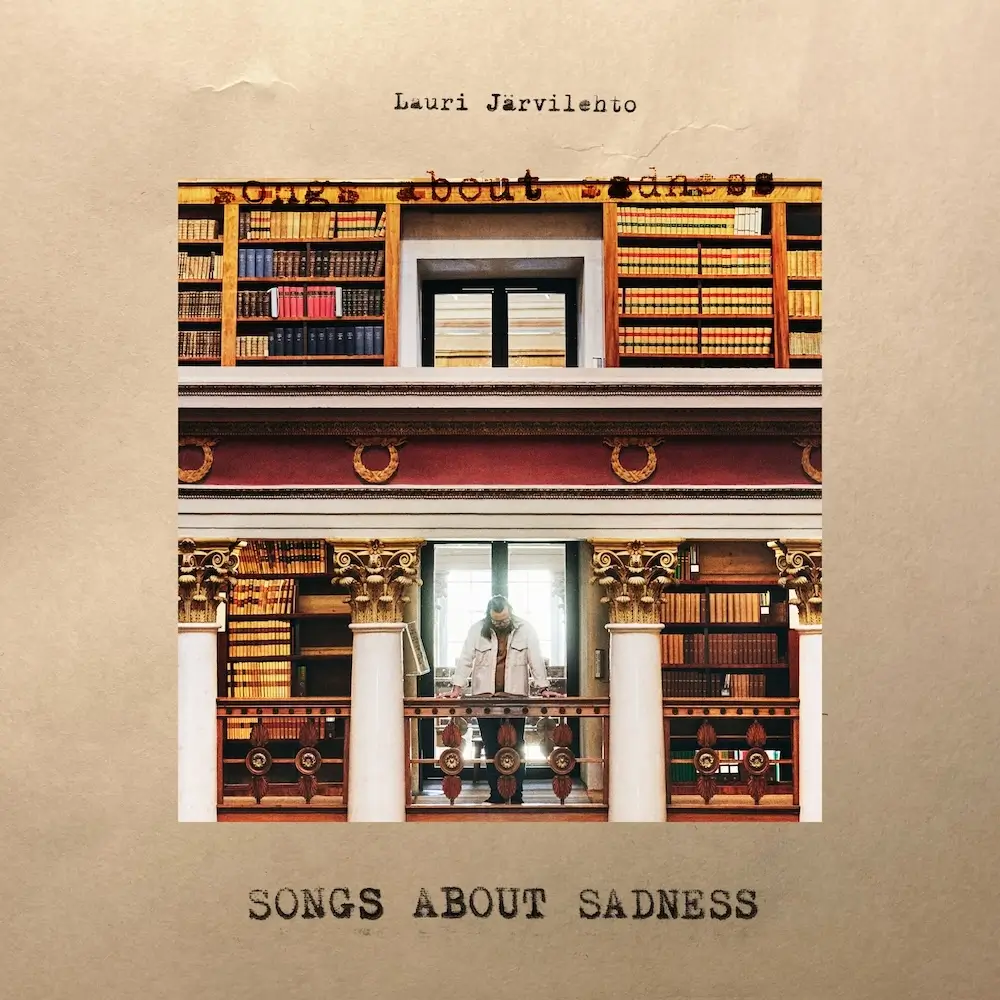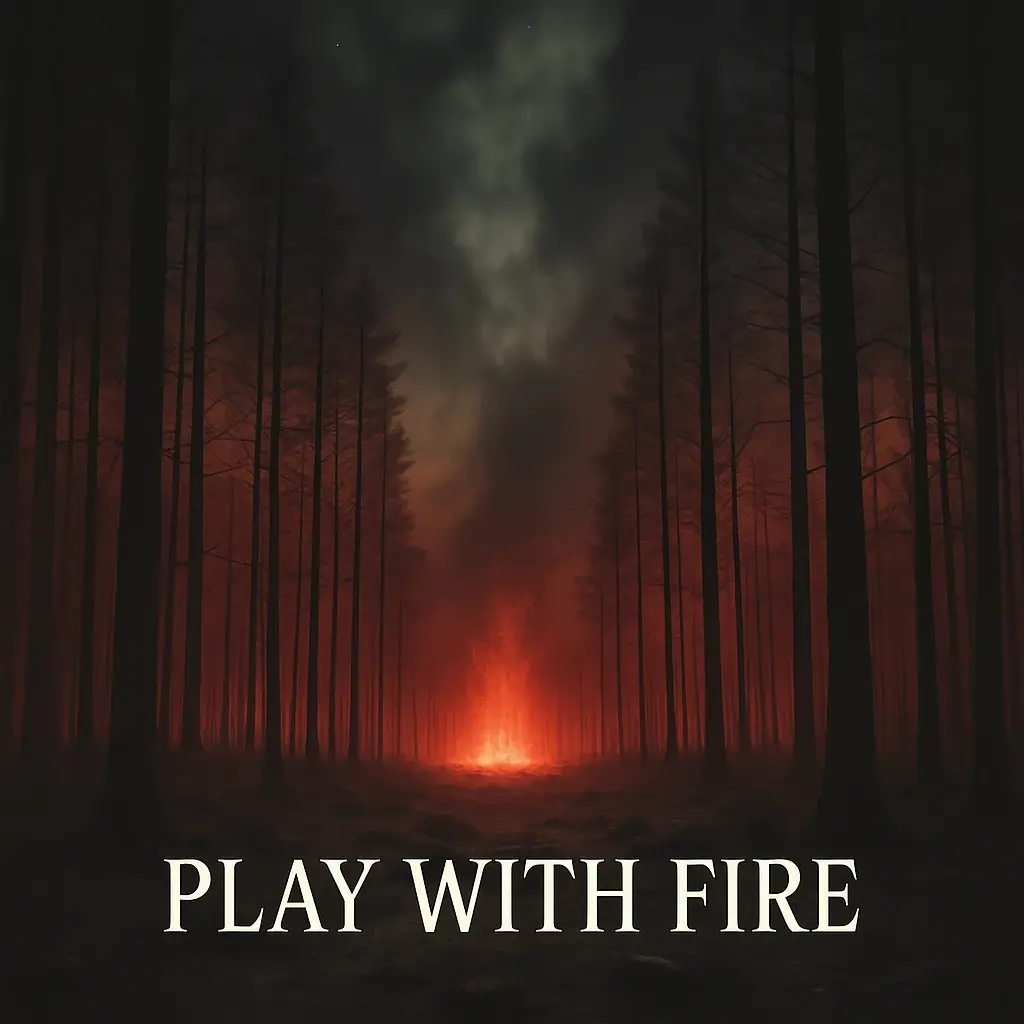Rosetta West is not a band you discover so much as a band you stumble across by accident, possibly in a thrift store bin, or via a strange dream that ends with a cryptic recommendation whispered by a 200-year-old bluesman. They are the type of band that doesn’t so much release albums as they do summon them. And their latest full-length offering, God of the Dead, is precisely the kind of glorious, messy, mystical, genre-splitting experience that makes you question what albums even are anymore.
If their last record, Night’s Cross, was a whiskey-soaked Southern rock ghost story with equal parts bravado and heartbreak, then God of the Dead is the séance you hold in the ruins after the ghost is gone. That’s the thing about Rosetta West. You don’t really “follow” their discography so much as wander through it like a cursed forest. Every album feels like another feverish chapter, and God of the Dead might be their most daring, disorienting, and unfiltered yet.
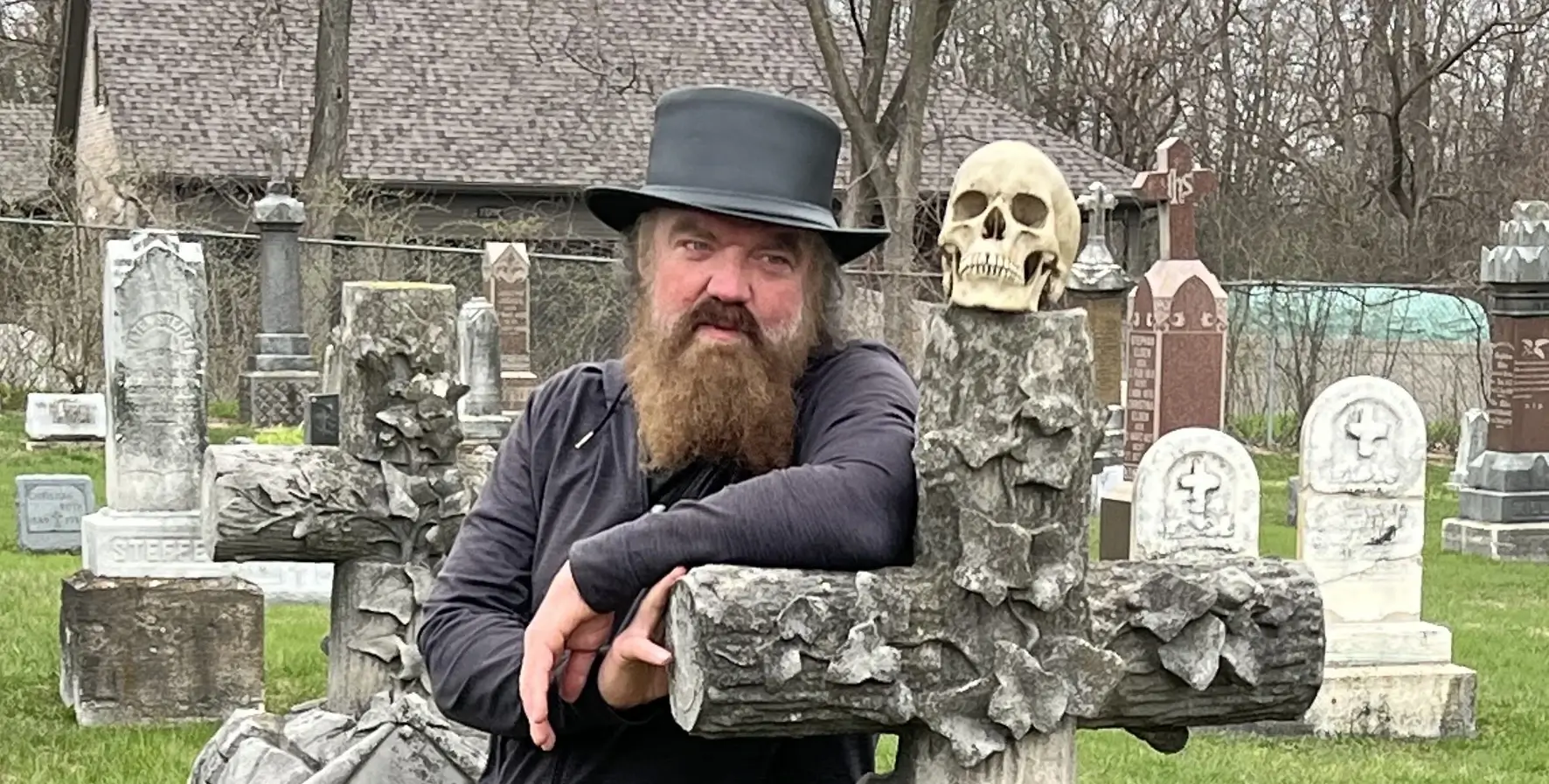
God of the Dead is their most ambitious album to date, which in Rosetta West’s case means it’s practically its own genre. It’s blues rock, but also punk, funk, folk, psychedelia, and experimental feedback sculpture, sometimes all in the same song. It’s like they recorded a blues album, smashed it with a shovel, buried it under a haunted recording studio, and waited for it to grow into something unrecognizable and beautiful. Which, honestly, feels right.
The album itself refuses to follow any linear structure. You don’t listen to God of the Dead by Rosetta West so much as navigate it. It opens with snarling, feedback-soaked blues rock that feels like a resurrection ritual gone wrong (or right?), before pivoting hard into acoustic intimacy, then turning the corner into funk, and eventually disappearing entirely into experimental noise. It is not tidy. It is not clean. It is not curated for playlist appeal. It is, however, alive.
“Boneyard Blues” is one of the most immediately gripping tracks, and probably the closest thing to a traditional single the album allows itself. It hits like something you’d hear from a roadhouse band after the apocalypse. “I Don’t Care” follows that up with a refreshing blast of punk nihilism; it’s brief, brutal, and catchy in the way a house fire is warm. The two “Susanna Jones” tracks (Pt 1 and Pt 2) are aching, minimalist folk pieces, full of longing and quiet devastation. Together, they feel like the narrative backbone of the album, a ghost story told in two verses.
And then there’s “Town of Tomorrow,” a strange, funky detour that could almost be danceable, if the dance in question was slow-motion writhing in a swamp. “Midnight” is spare and atmospheric, carried by Louis Constant’s hypnotic bassline; it feels like wandering through a foggy memory. “Dead of Night” and “Thorns of Beauty” go full art-house, building tension through abstract instrumental layering and whispers that sound like they’re coming from just behind you.
And that’s only some of it. There are other moments, scattered throughout, that defy description entirely; small interludes, barely-there transitions, ideas that seem to appear and vanish without warning. The album plays with structure not as a gimmick but as a way of representing something spiritual, even metaphysical. You’re not just listening to a tracklist; you’re participating in a séance.
Lyrically, the album leans into themes that most modern records would tiptoe around: death, rebirth, spiritual longing, ancient symbols, shadows that move when you aren’t looking. The words are vivid but slippery, full of references that feel deeply personal or completely fictional, or both. There are recurring images of stuff like bones, fire, rivers, names, but no real straightforward narrative. It’s like flipping through an old book of spells and trying to make sense of the annotations.
None of this, of course, makes God of the Dead an easy listen. It is a deliberately difficult album. The production is raw and sometimes jarring. The transitions are abrupt. Some songs are full of noise; others barely exist at all. But that’s part of the point. Rosetta West isn’t trying to hold your hand. They’re trying to pull you in… into a different mode of listening, one that values mystery and intuition over comfort or catchiness.
And yet, despite all of its density and defiance, the album is never pretentious. That’s the trick Rosetta West pulls off. It’s serious, yes, but it’s not self-serious. There’s real emotion here. Real longing. Real heart. Beneath the fuzz and feedback, beneath the spiritual symbols and sonic experimentation, lies a sincere attempt to communicate something ineffable: that strange ache in the chest when you realize how little of the world is under your control, and how beautiful that can be.
God of the Dead is not just an album. It’s a declaration. Rosetta West isn’t going anywhere, and they’re certainly not coming to your curated Discover Weekly playlist. You have to go to them through Bandcamp, through headphones, through the veil. And if you make the journey, the reward is something truly rare: music that makes you feel like you’ve discovered a secret, not because no one else knows it, but because no one else would believe you if you told them. In short: this is one of the most fascinating, haunted, and strangely moving records of the year. File under for listeners who don’t mind getting lost.
Follow Rosetta West
About the Author

A tenured media critic known working as a ghost writer, freelance critic for various publications around the world, the former lead writer of review blogspace Atop The Treehouse and content creator for Manila Bulletin.

